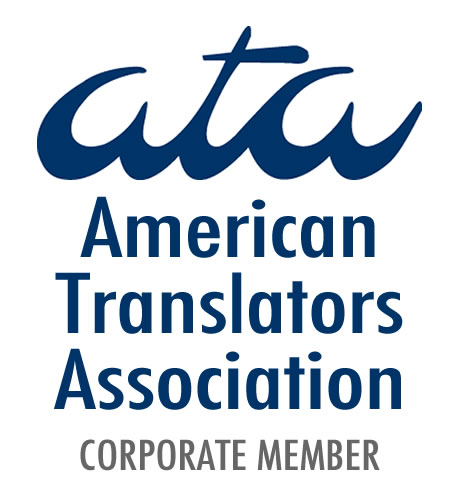Individuals and businesses are constantly expanding their horizons – whether it’s setting up an overseas venture, pursuing international education, or making a dream move abroad.
A critical, yet often overlooked, component of any successful global endeavor is the proper authentication and translation of official documents. This is where apostilles and sworn translations become indispensable.
What are Apostilles and Why Do You Need Them?
An Apostille is an international certification that legalizes documents for use in foreign countries that are members of the Hague Apostille Convention. It’s essentially a stamp or certificate issued by a government authority (like a Secretary of State in the U.S.) that verifies the authenticity of a signature on a public document.
This streamlined process saves you from the more cumbersome traditional legalization methods.
Whether you’re presenting a birth certificate, a marriage license, a diploma, or a criminal record check, if your document originates in one Convention country and needs to be recognized in another, an Apostille is often the magic key.
The Power of Sworn Translations in a Multilingual World
Beyond authentication, accurate translation is paramount. But for official purposes, a standard translation isn’t always enough. This is where sworn translations come in.
A sworn translation is performed by a state-certified translator who formally attests to the accuracy and completeness of the translation, giving it legal validity in the target country.
This is vital for everything from visa applications to business contracts.
The Spain Connection: Property Dreams in Palma de Mallorca
One of the most common reasons individuals require both apostilles and sworn translations is when they’re making a significant life change, such as buying property abroad.
Spain, with its beautiful landscapes, vibrant culture, and attractive property market, is a prime example.
Many foreign buyers, particularly from English-speaking countries, fall in love with destinations like Palma de Mallorca.
This stunning capital of the Balearic Islands, with its Gothic cathedral, charming old town, and Mediterranean allure, attracts countless international investors and new residents.
However, purchasing property in Palma de Mallorca (or any Spanish city) requires an array of authenticated documents. A crucial first step for any foreign property buyer in Spain is obtaining a Spanish NIE (Número de Identificación de Extranjero).
This identification number is mandatory for signing deeds, opening bank accounts, securing mortgages, and paying taxes. Often, the Power of Attorney (POA) needed to secure this NIE remotely will require an Apostille.
Navigating these Spanish bureaucratic requirements can be challenging from abroad. This is where specialized services become invaluable.
For instance, when it comes to getting your Spain NIE for buying property in Palma de Mallorca, it’s essential to work with experts who understand the nuances of both document authentication and Spanish legal processes.
Simplifying Your Global Document Needs
Whether your journey takes you to Spain, France, Germany, or beyond, ensuring your documents are correctly apostilled and, if necessary, translated by a sworn professional is non-negotiable.
It safeguards your legal standing, prevents delays, and provides peace of mind.
For comprehensive support with global document authentication and translation, partner with reliable services that bridge language and legal gaps effortlessly.
Do you need help with apostilles or translations for Spain, or any other country?



Leave a Reply